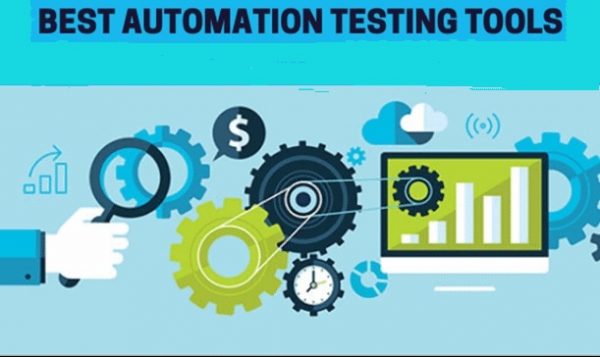Automation tools play a critical role in modern software development and operations by streamlining repetitive tasks, improving efficiency and ensuring consistency. These tools are designed to automate various aspects of the software development cycle, from creation and testing to deployment and monitoring. Below is an overview of the main categories of automation tools and their features:
Tools for continuous integration/continuous delivery
Jenkins: An open-source automation server that facilitates the continuous creation, testing and deployment of code.
Travis CI:- A cloud-based CI/CD service that integrates seamlessly with GitHub repositories.
GitLab CI/CD:– Part of the GitLab platform, which offers integrated CI/CD functions for version control.
Tools for configuration management
Ansible:– An open source automation tool for configuration management, application deployment and task automation.
Puppet:- A configuration management tool for automating the deployment and management of infrastructures.
Containerisation and orchestration
Docker:– A platform for developing, shipping and running applications in containers.
Kubernetes:– An open source container orchestration system for automating the deployment, scaling and management of containerised applications.
Infrastructure as Code (IaC) tools
Terraform:– An open-source IaC tool for the efficient creation, modification and versioning of infrastructures.
AWS CloudFormation:- Amazon’s service for defining and providing AWS infrastructure as code.
